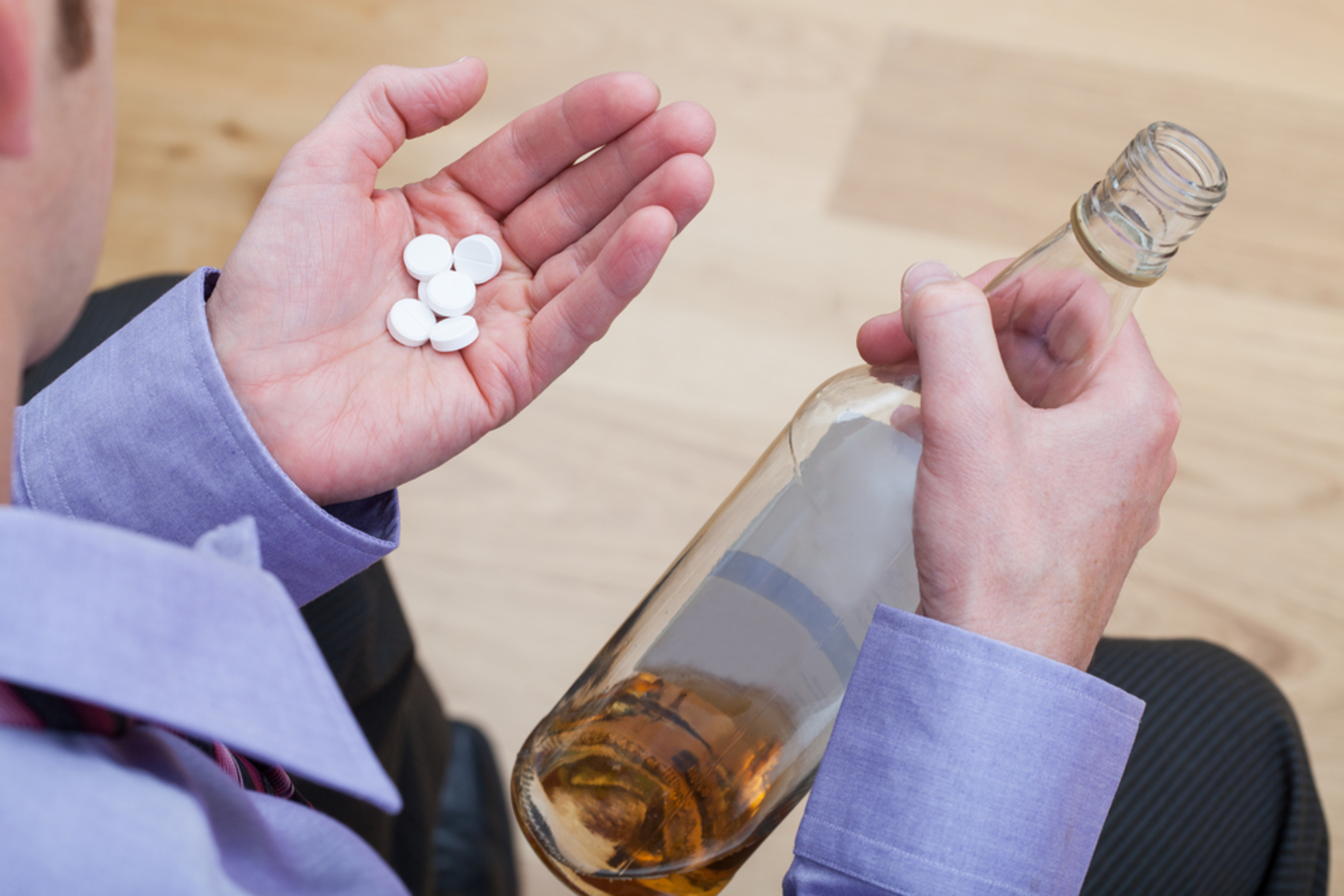
It’s fairly common to enjoy a beer with friends or a glass of wine at dinner. Approximately 85% of American adults actually consume alcohol at some point in their lives. The problem is that combining alcohol and some medications can lead to problems. When alcohol is consumed, even common medications, such as antibiotics and allergy pills, can become harmful. From feeling particularly sleepy to major health problems like liver damage or even overdosing, the side effects can vary widely.
The 13 types of medications listed below should not be combined with alcohol, along with the reasons why.
1. Depression & Anxiety Medications
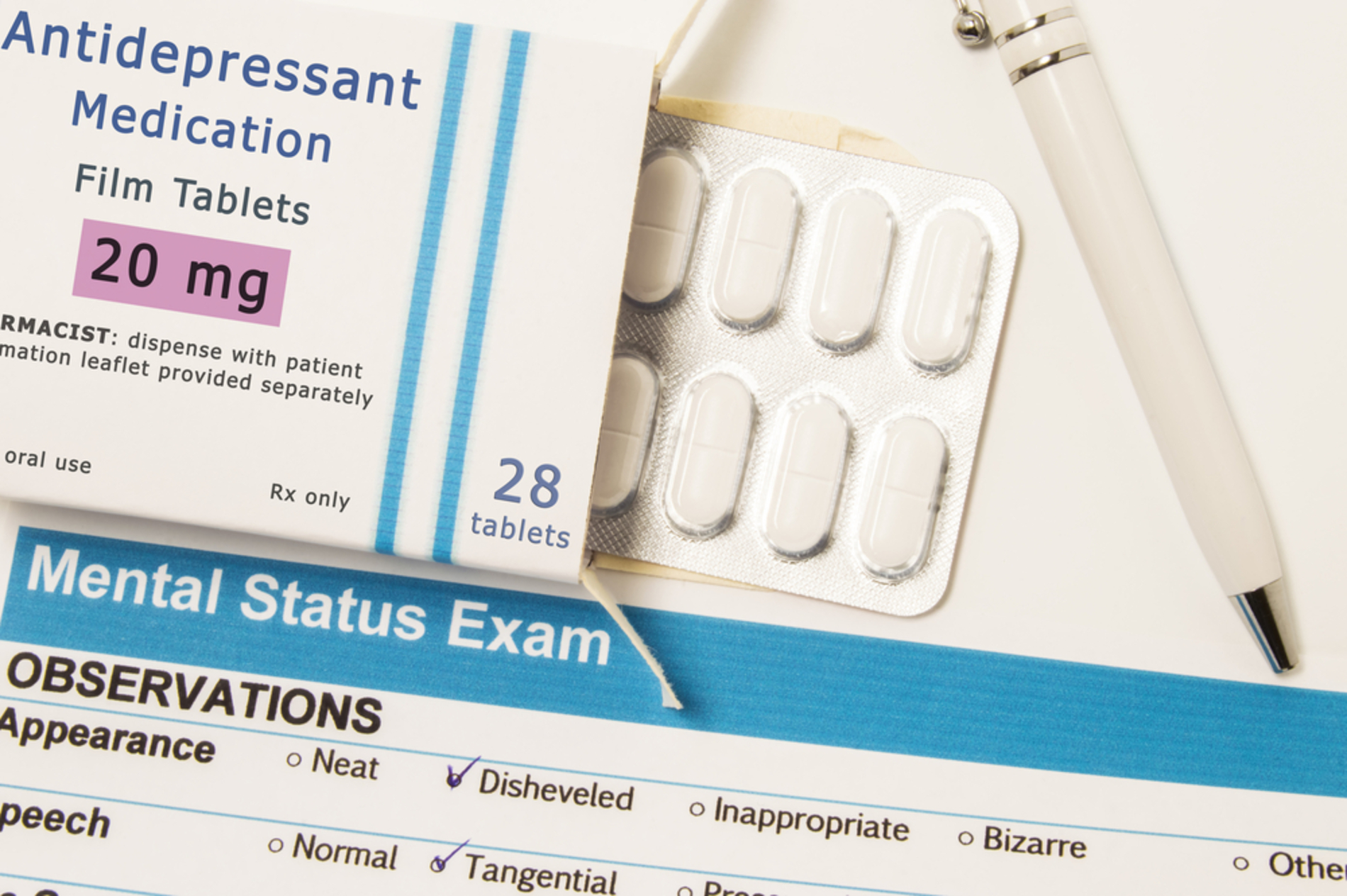
Drinking can exacerbate symptoms rather than improve them if you take antidepressants or anxiety medications. When combined with alcohol, certain medications, such as MAOIs (Parnate, Nardil), can dangerously increase blood pressure. Some medications, such as Xanax, Prozac, Cymbalta, or Zoloft, can cause extreme sleepiness or impair your ability to coordinate. When combined with alcohol, even herbal remedies like kava or St. John’s Wort can harm your liver.
2. Diabetes Medications
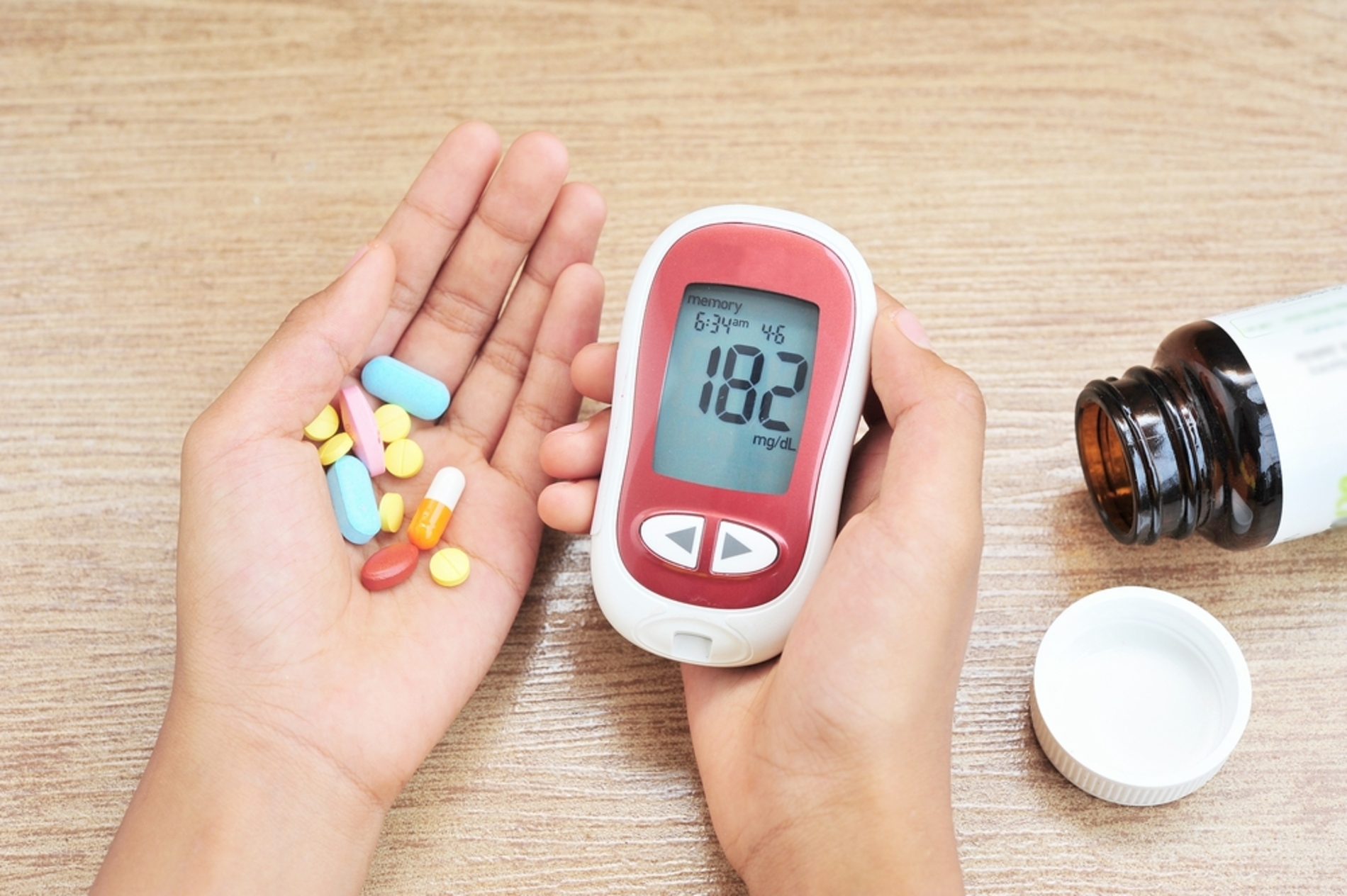
Blood sugar levels can be affected by alcohol, particularly if you’re taking insulin, glipizide, or metformin. Your blood sugar may spike too high or fall too low, resulting in symptoms like lightheadedness, trembling, or even fainting. It’s dangerous in any case. Consult your doctor before drinking if you have diabetes or prediabetes.
3. Cold, Allergy & Cough Medications
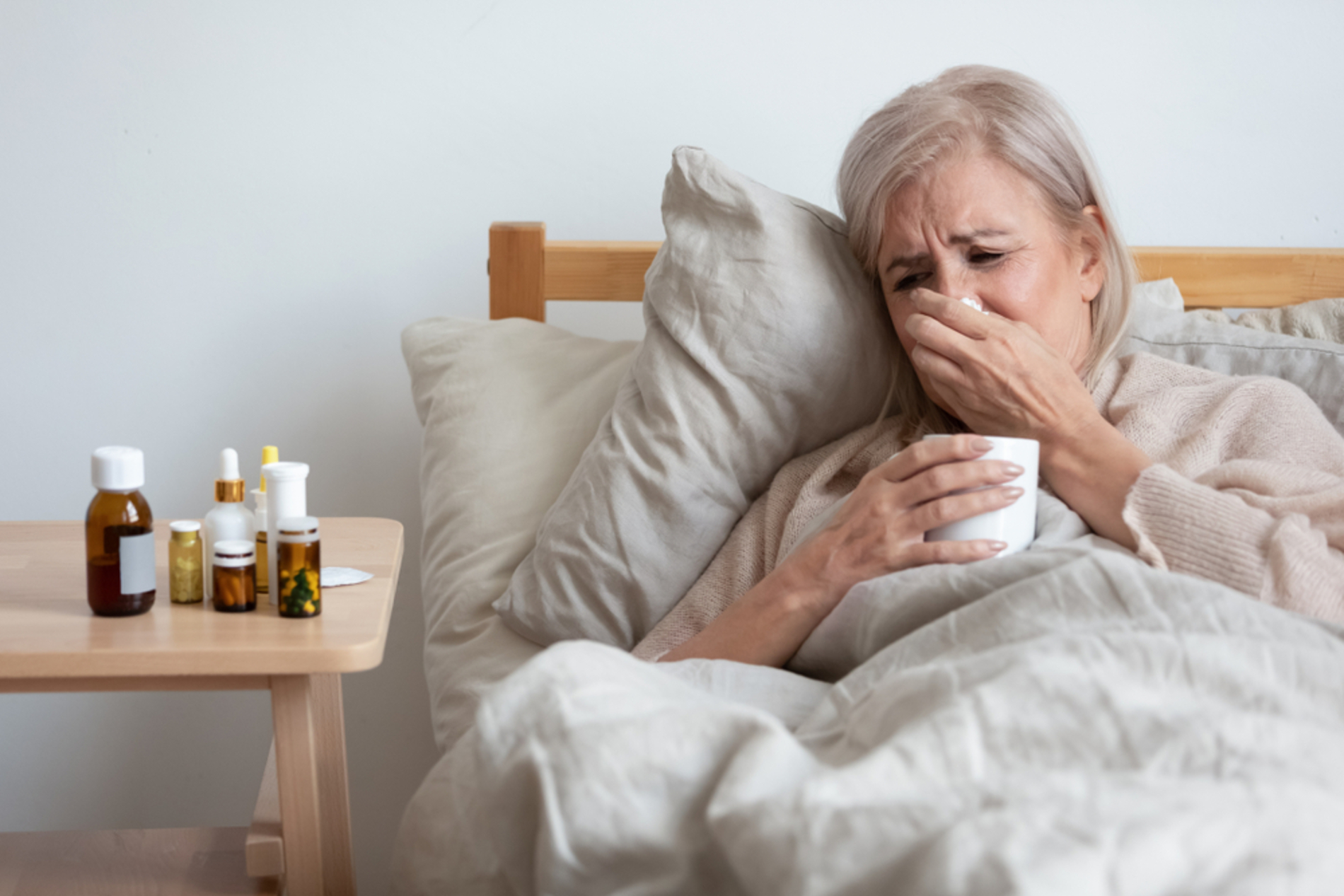
You may already feel drowsy or groggy after taking over-the-counter medications for a cold, such as Benadryl, Sudafed, Robitussin, or NyQuil. When alcohol is added, you may experience increased drowsiness, vertigo, or confusion. You might be doubling up without noticing because some of these even contain alcohol. If you’re sick or dealing with allergies, best to skip the booze.
4. Blood Pressure Medications
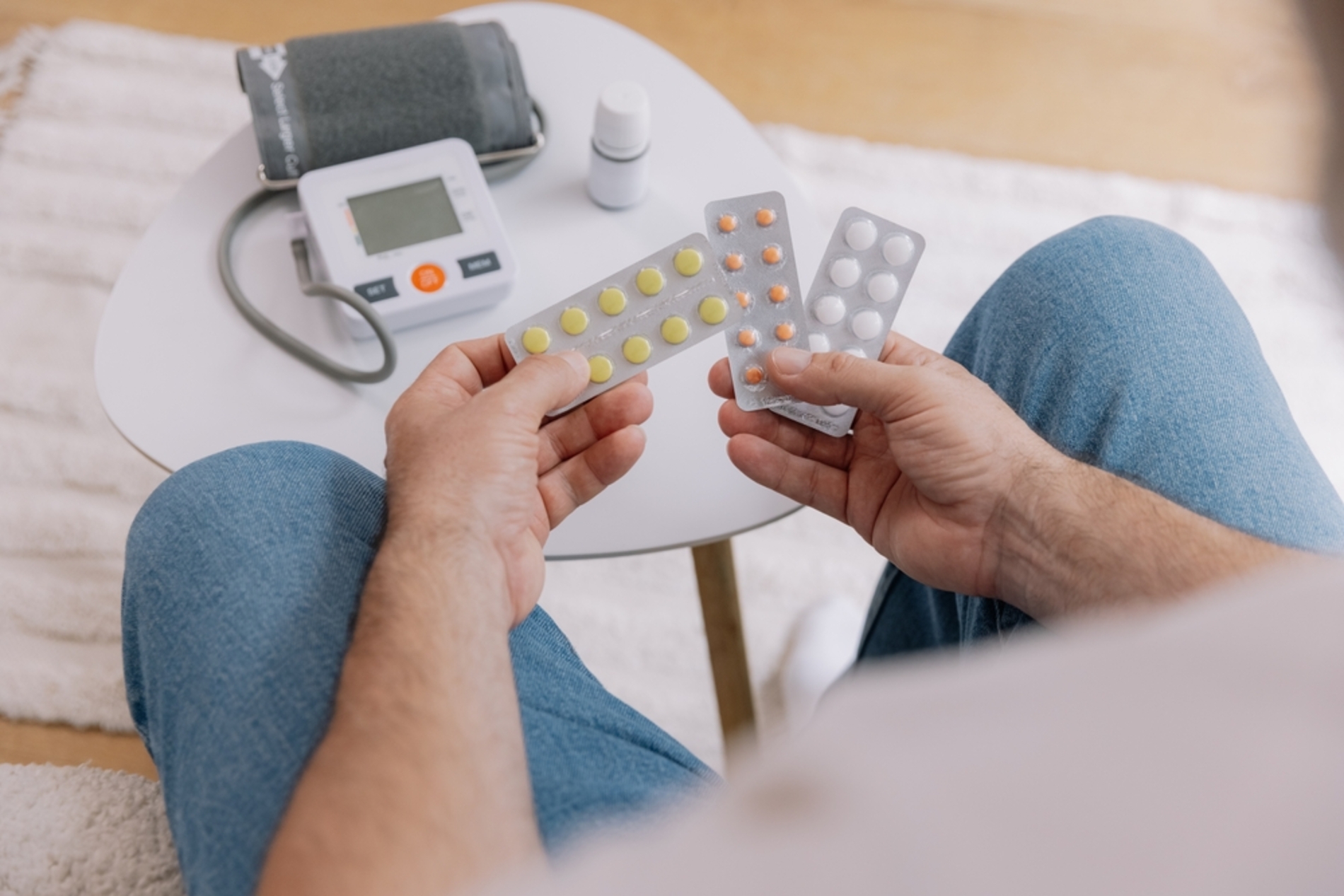
Alcohol and high blood pressure medications, such as lisinopril, amlodipine, or hydrochlorothiazide, don’t mix well. It is unsafe for the combination to cause lightheadedness, dizziness, or abrupt drops in blood pressure. Alcohol can also lessen the effectiveness of these medications. Consult your physician about what is safe for you if you are treating high blood pressure.
5. Sleep Aids
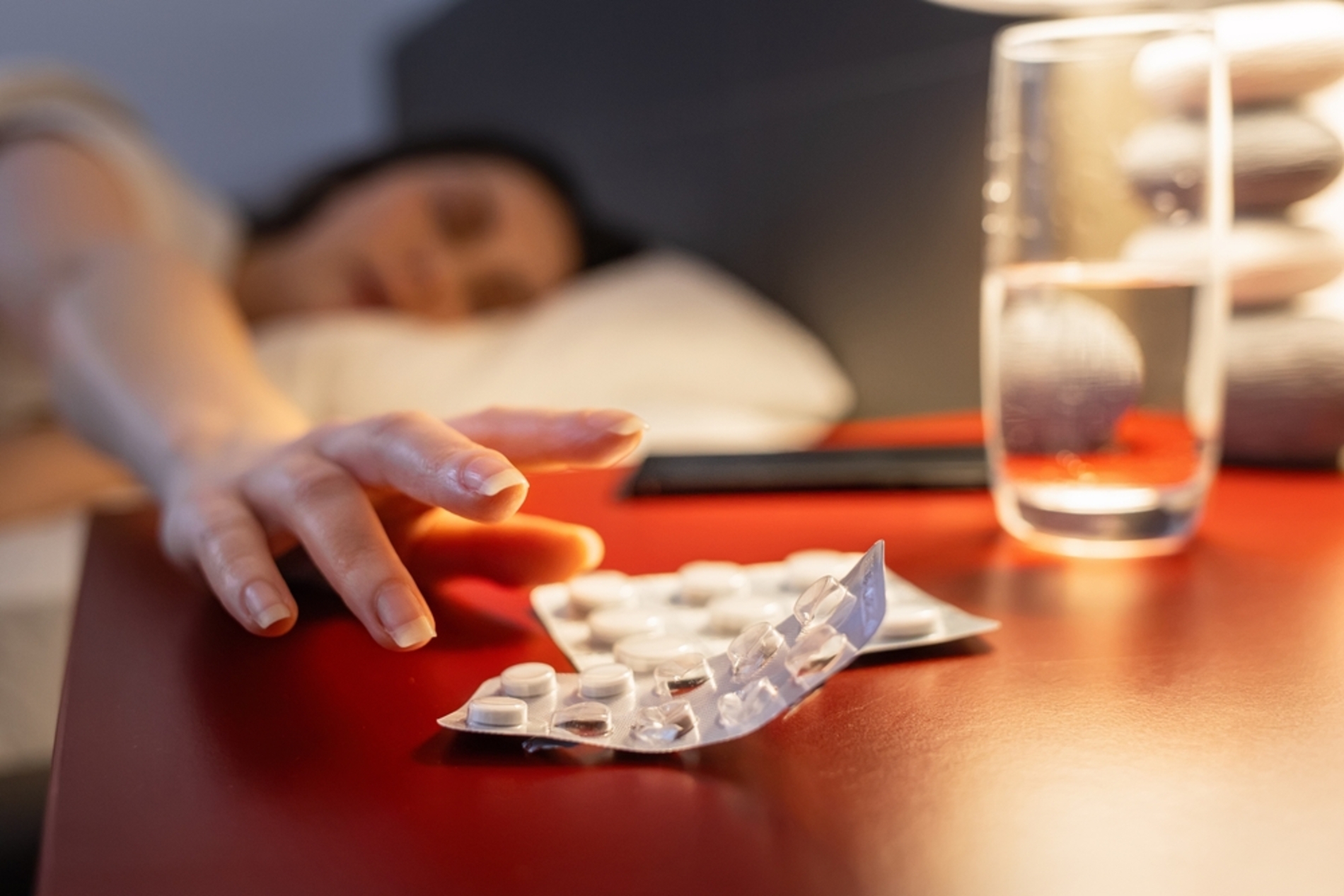
It can be very harmful to combine alcohol with sleep aids such as Ambien, Lunesta, or Unisom. When combined, they can cause strange behavior, memory loss, or even breathing difficulties because they both slow down your brain. Drinking can intensify the effects of herbal sleep aids like chamomile or valerian root. Avoid the nightcap if you want to get some ZZZs.
6. Painkillers

Mixing medications with alcohol is strictly prohibited, regardless of whether you’re taking Tylenol, Advil, or more potent medications like Vicodin or Percocet. It may cause liver damage, upset your stomach, or dangerously slow your breathing. Soma or Flexeril are examples of muscle relaxants. dangerous as well. Be cautious and abstain from alcohol while taking pain medication.
7. Heartburn, Reflux & Nausea Meds
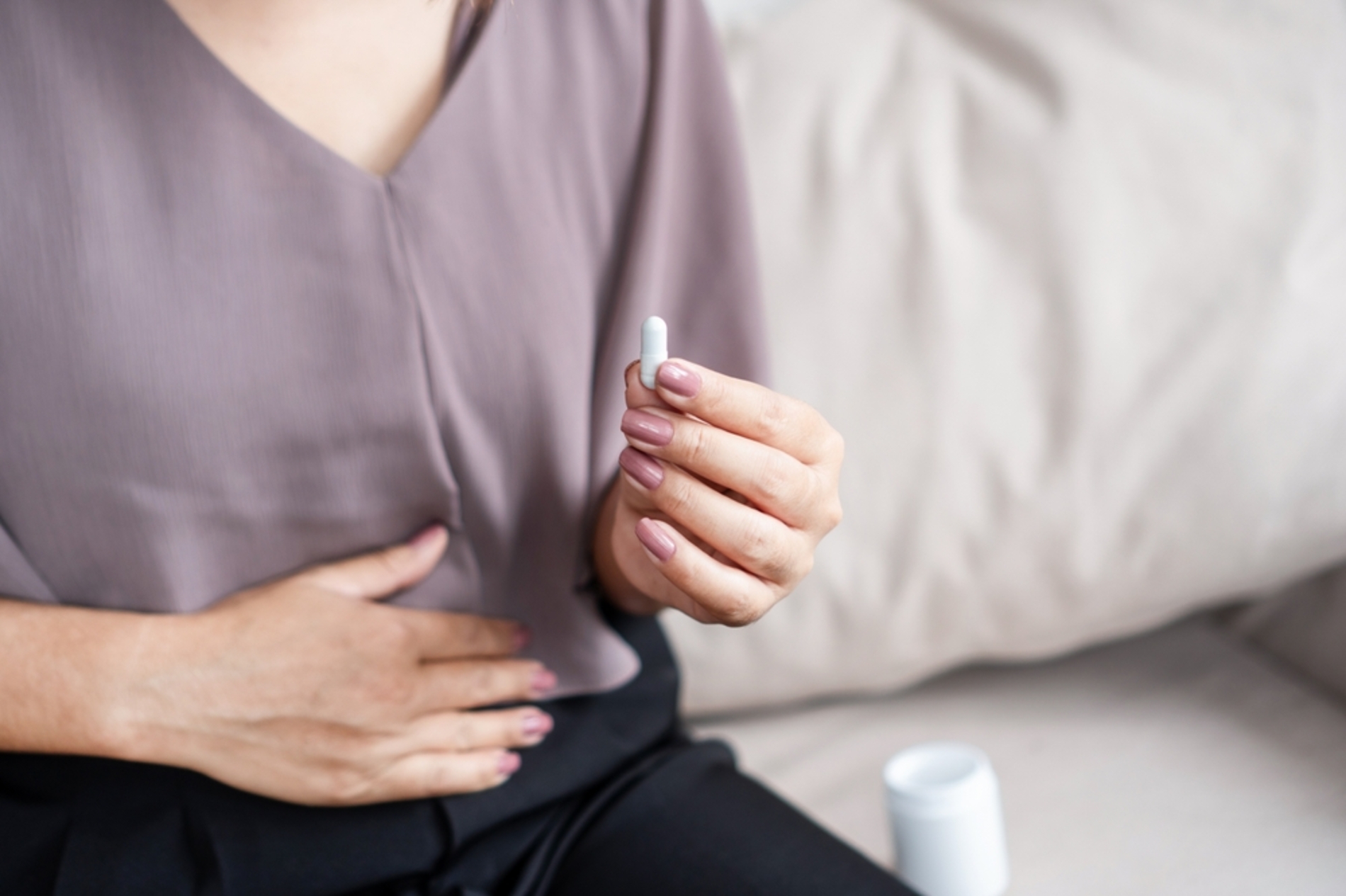
Alcohol exacerbates upset stomach and acid reflux, but medications like Tagamet, Reglan, or Dramamine help. Your blood pressure may be affected, your stomach may become even more upset, or you may experience strange side effects like flushing or lightheadedness. Hold off on getting a drink until you’re feeling better.
8. Cholesterol Medications
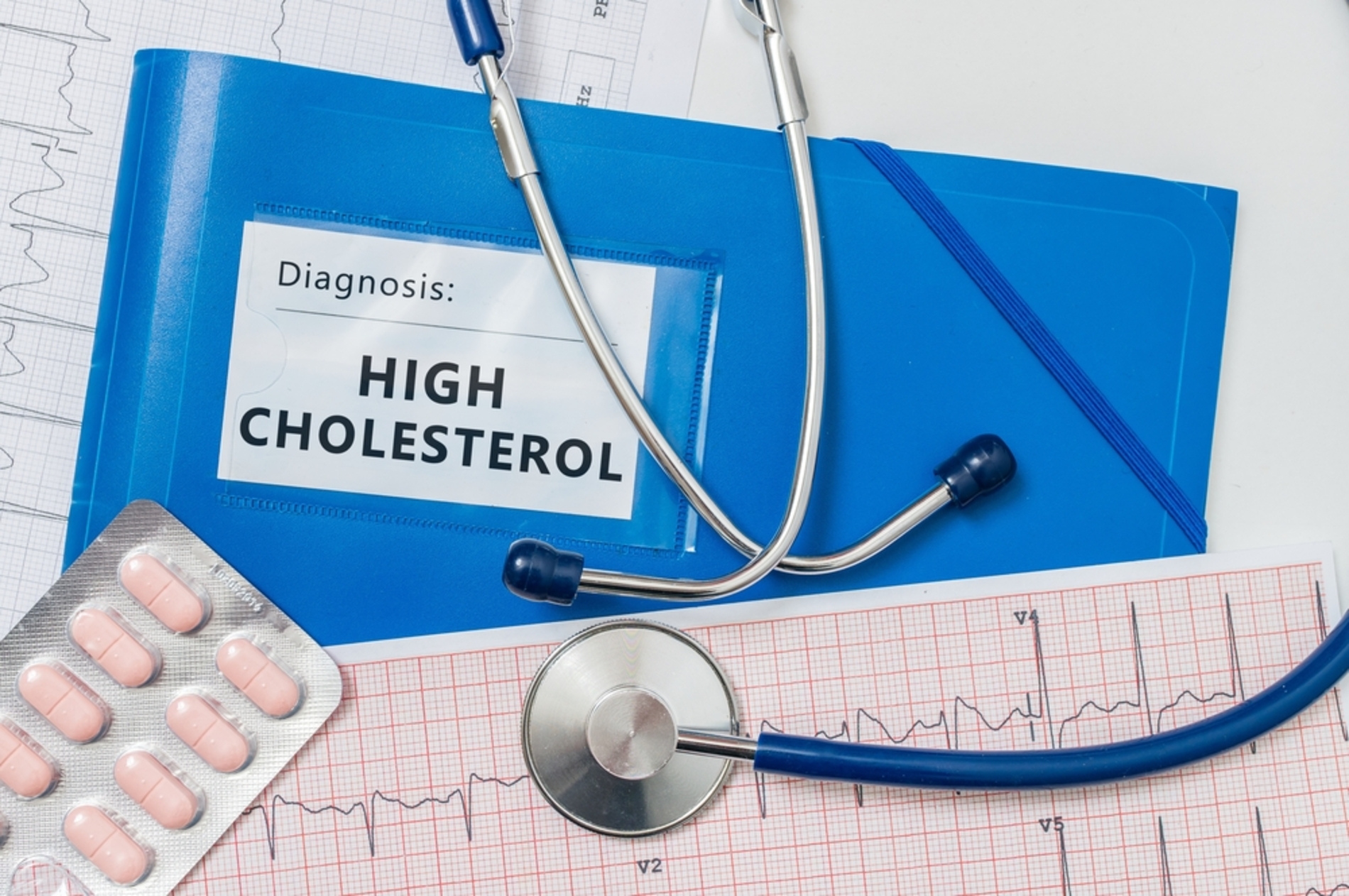
Lipitor and Crestor are examples of statins that help lower cholesterol, but like alcohol, they are hard on the liver. You increase your risk of stomach bleeding, muscle soreness, and liver damage when you combine the two. Drink alcohol sparingly or not at all if you’re on cholesterol medication.
9. Prostate Medications
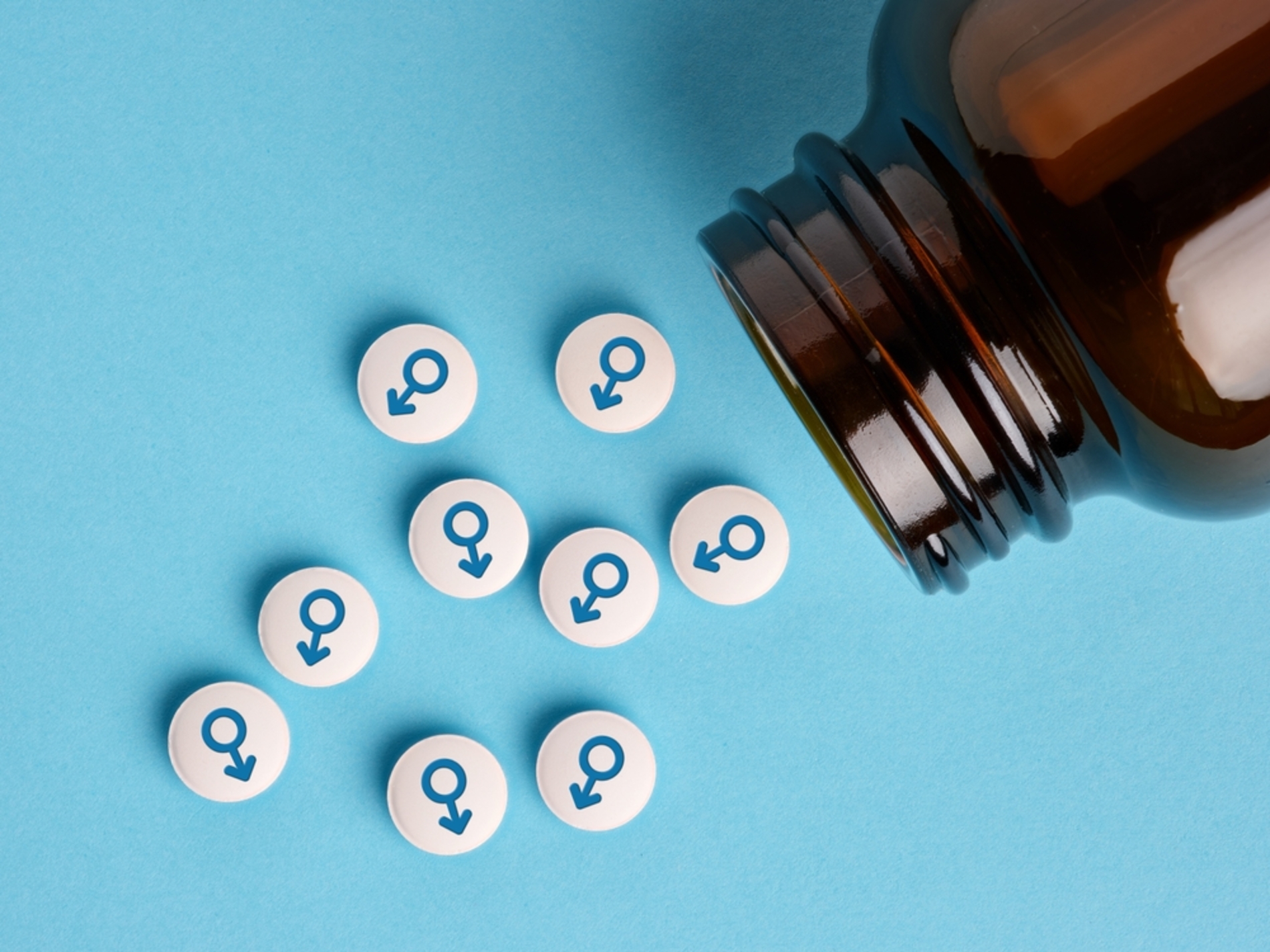
Men who take medications for prostate health, such as Cardura or Flomax, should exercise extra caution. Alcohol can cause these medications to lower blood pressure too much, which can cause lightheadedness or even fainting. Use alcohol with caution if you’re taking these medications, or discuss your options with your doctor.
10. ADHD Medications
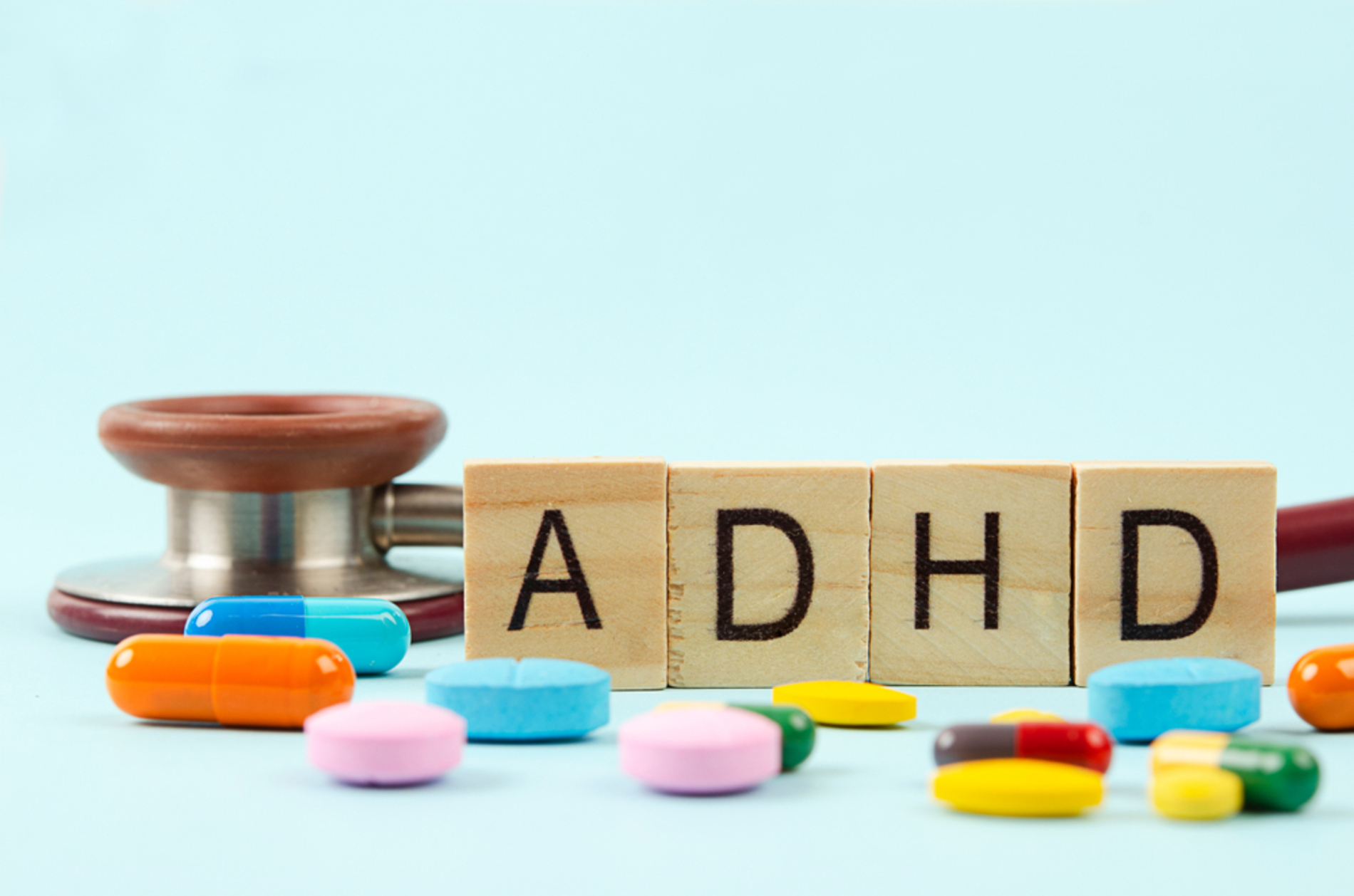
Alcohol is a depressant, whereas ADHD medications such as Ritalin or Adderall are stimulants. When combined, they may conceal the effects of alcohol, making it difficult to recognize your level of intoxication. This raises the possibility of liver damage, heart issues, and alcohol poisoning. Particularly for young adults, it’s a risky combination.
11. Arthritis Medications

Your stomach lining may become irritated by anti-inflammatory medications such as Celebrex, Naprosyn, and even over-the-counter ibuprofen. Alcohol exacerbates that and raises your risk of ulcers or bleeding. These medications may also have negative effects on your kidneys and liver. It is safest to abstain from alcohol entirely or to use it sparingly if you have arthritis and take these medications on a regular basis.
12. Seizure Medications

Alcohol can increase drowsiness, mood swings, and the risk of seizures when combined with seizure medications such as Neurontin, Lamictal, or Keppra. Additionally, it may reduce the effectiveness of the medications. Don’t let alcohol interfere with the consistency that these medications require. If you’re not sure, consult your physician.
13. Antibiotics and Infection Treatments

Have you ever heard the advice to avoid alcohol while taking antibiotics? It’s accurate, particularly when using medications like Tindamax or Flagyl. When combined with alcohol, they can induce headaches, nausea, vomiting, and even an accelerated heartbeat. Even in tiny doses, alcohol can have severe negative effects when combined with some infection medications. It is not worth the risk to wait until your treatment is finished.
A Few More to Watch
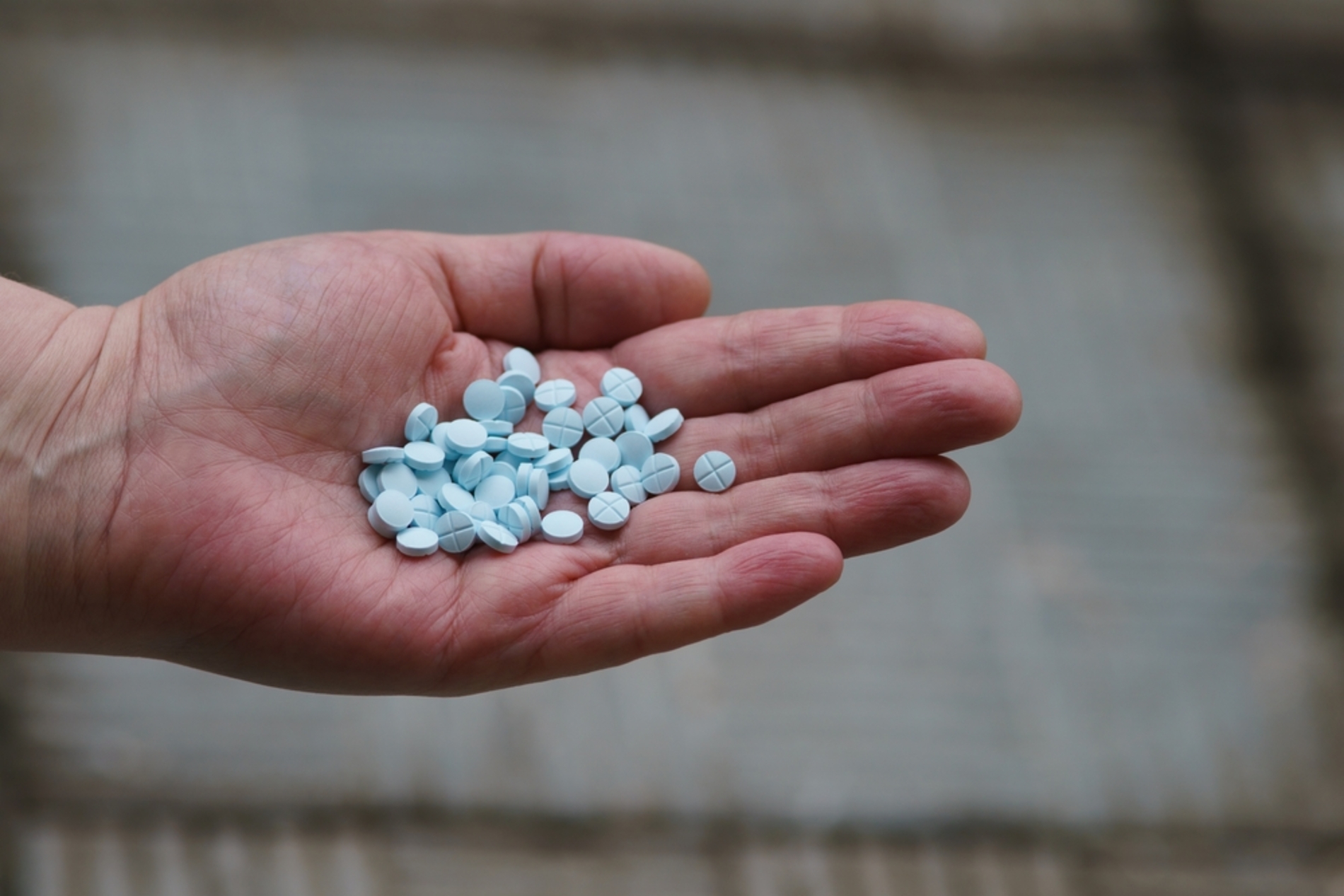
Other medications also merit recognition in this context. Warfarin and other blood thinners can make bleeding from alcohol more likely. If taken together, heart medications like isosorbide can result in fainting and low blood pressure. Ask your pharmacist or doctor if you’re unsure. Double-checking is always preferable to running the risk of a serious side effect.
When to Call Your Doctor?

Do not wait if you have mixed alcohol with your medications and experience lightheadedness, nausea, confusion, excessive drowsiness, or dyspnea. Call your physician or go to the emergency room. Certain adverse effects, particularly liver damage, take time to manifest. Your healthcare team is available to help if you have any questions.
Alcohol can cause problems because it alters how your body processes medications. Although it’s not all of them, this list includes the most popular combinations to stay away from. When in doubt, avoid the drink, always read the label, and heed the advice of your healthcare provider. Protecting your health is always worthwhile.




